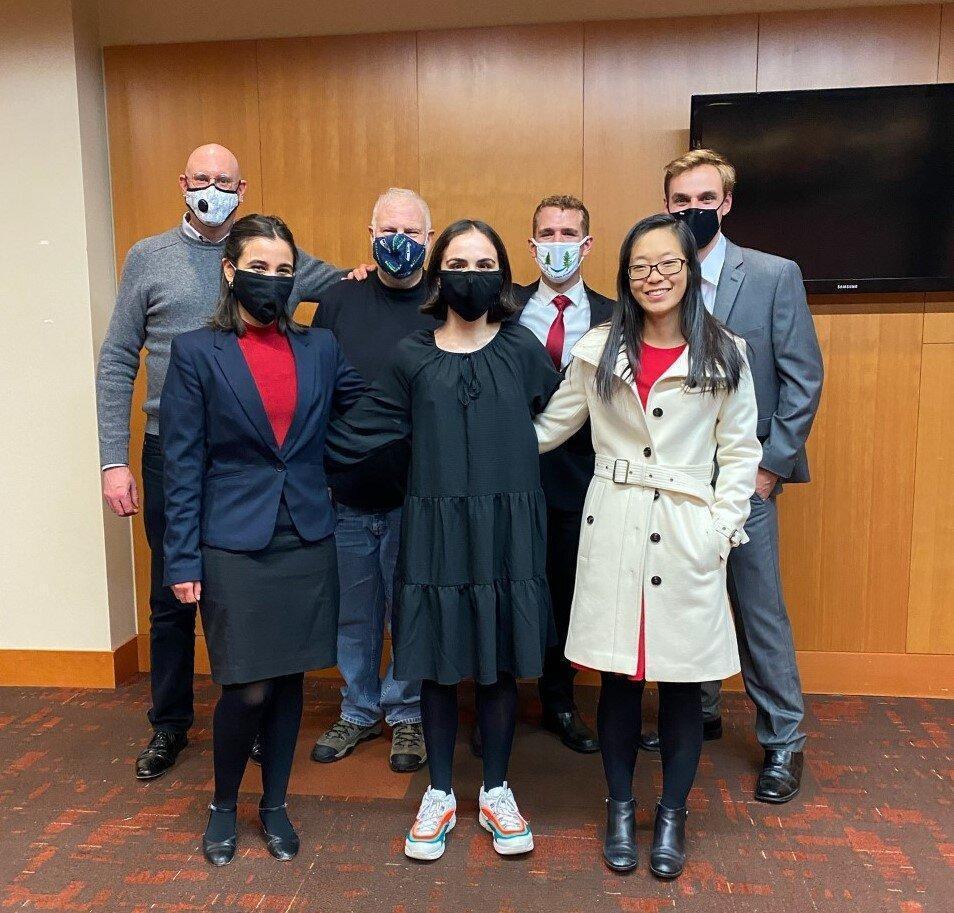
The Whitworth Ethics Bowl team, the Philosoraptors, took second place at the online 25th Annual Association for Practical and Professional Ethics Intercollegiate Ethics Bowl National Tournament on Sunday, beating out schools such as Harvard University, the U.S. Military Academy and the University of British Columbia.
Last fall, more than 100 colleges and universities across the country competed in online regional bowls for a total of 36 spots at the spring’s national tournament. In November, the Whitworth team qualified for the national tournament for the 11th time in 13 years.
The Whitworth team consists of philosophy and theology double major Eric Anderson ’21, computer science major Elizabeth Min ’21, computer science major Zakris Pierson ’22, political science major Celia Vigil ’23 and theology major Kylie Vera ’22. Rebecca Korpf ’15 serves as an assistant coach.
Keith Wyma, professor of philosophy, as well as founder and longtime coach of the ethics bowl team, spoke about the uniqueness of a small, Christian liberal arts college competing on such an elite level.
“One of the striking things about ethics bowl that’s worth noting is ethics bowl doesn’t have divisions” he said. “[During one round] we were against a Utah state school that had 40,000 students,” Wyma said.
Regardless of the size of their school, teams are faced with the same tasks. Before competitions, every team receives the same number of cases on the same topics prepared by the Association for Practical and Professional Ethics. Teams do research and prepare analyses of each case in advance of competition. Immediately before a round, a case is chosen at random, and an ethical question related to the case is posed. Competitors must then construct arguments related to the ethical question, answer judges’ questions, rebut attacks on their case and argue their case better than the opposing team.
For the national tournament, the Whitworth team prepared 17 cases which covered a wide range of topics including university administration of Title IX investigations, censorship practices by Amazon, construction of the Permian Highway natural gas pipeline and several cases related to COVID.
After winning all four of the pre-elimination rounds, the Whitworth team was a part of the “Elite Eight” quarterfinals rounds. During quarterfinals, the top eight competitors of the national tournament face off in a bracket system for the national title and must win over a majority of the three judge panel.
Both Wyma and Pearson stated that their favorite moment from the national tournament was when Whitworth beat Harvard University.
“You could tell that Harvard knew who we were,” said Wyma.
Whitworth’s reputation comes from the three national titles that the team holds. The first of those titles in 2012 made Whitworth the first liberal arts college and first Christian college to win the national tournament.
During the quarterfinals round against Harvard, the Whitworth team presented on a case about persons seeking to bring pet animals to campus who obtain false documents claiming their pets are emotional support or service animals. The team also responded to Harvard’s case which concerned how universities have responded to the coronavirus pandemic.
The Whitworth team won all three judges over with their arguments.
“That’s a pretty good feeling to know that Whitworth students can perform at that level where they can be not just competitive but head-to-head outperform Ivy League students,” said Wyma.
Fellow ethics bowl coach and professor of communication studies Mike Ingram expressed a similar sentiment in an email interview.
“It’s cool to say, ‘We beat Harvard.’ I want Whitworth students to never think they are ‘less than’ because they attend a small school.
Whitworth students are more than capable of doing excellent work in the world. Moments like these wins simply provide another example of what we know to be true about the abilities of our students in Spokane,” Ingram said.
The pandemic brought some new challenges to the team this year. For health and safety reasons, both tournaments took place virtually for the first time. On top of a temporarily quarantined coach and the occasional dropped internet connection, the team had to come up with new ways to communicate with one another.
Team member Kylie Vera said that competing on the video conferencing app Zoom was “an interesting experience.”
“It was challenging at times with everyone in different camera windows to make sure we included everyone’s arguments, but throughout the season we created different ways to ease these pressures,” Vera said.
In order to practice social distancing, the team spread out across classrooms in Dixon Hall with each member in a different classroom. Team members competed on Zoom and communicated with one another privately via a Discord server. Between rounds, they came out into the hallway for discussion.
Ingram noted one interesting quirk of competing in the Dixon classrooms which have motion-sensitive lights.
“Periodically the rooms would go dark and our bowlers had to wave their hands frantically for a moment to get the lights back on,” Ingram said.
The Whitworth team persisted through it all, however, and advanced to the finals round against the University of Cincinnati to become the second-best team in the nation.
To learn more about the Whitworth Ethics Bowl team, contact Keith Wyma at kwyma@whitworth.edu or Mike Ingram at mingram@whitworth.edu or visit the team’s website.

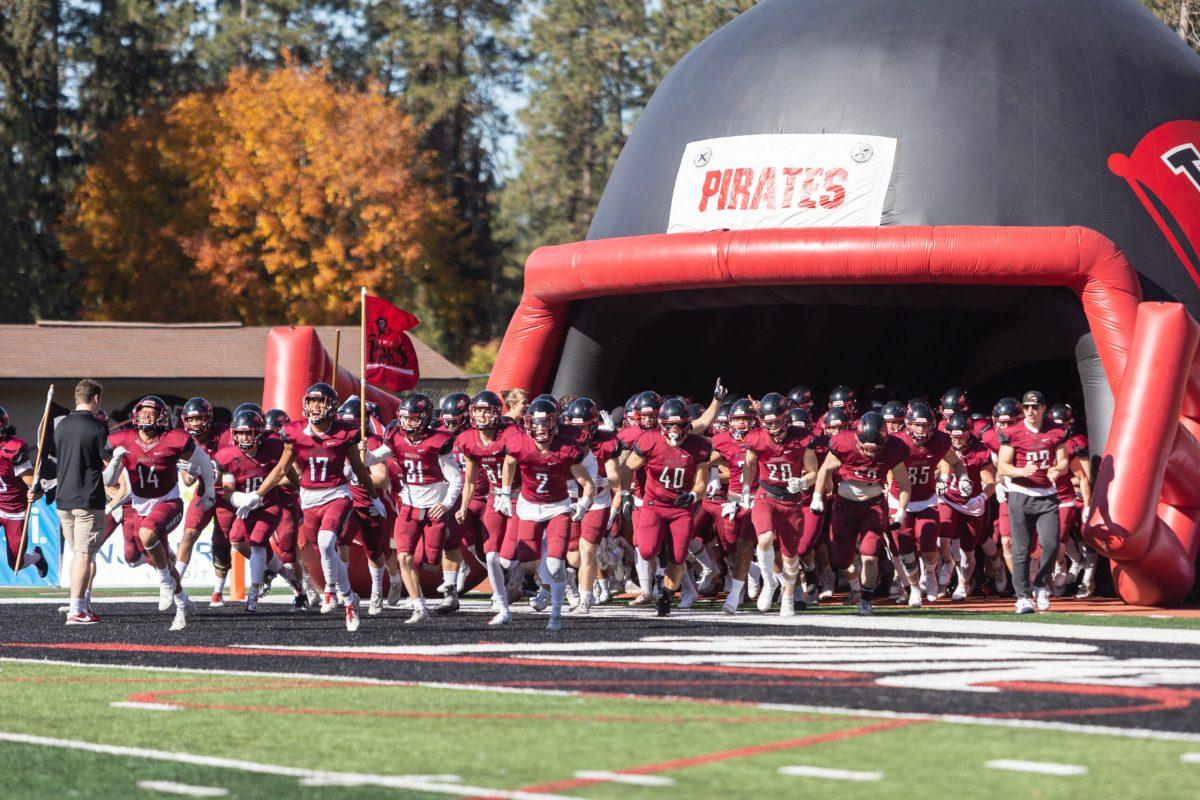
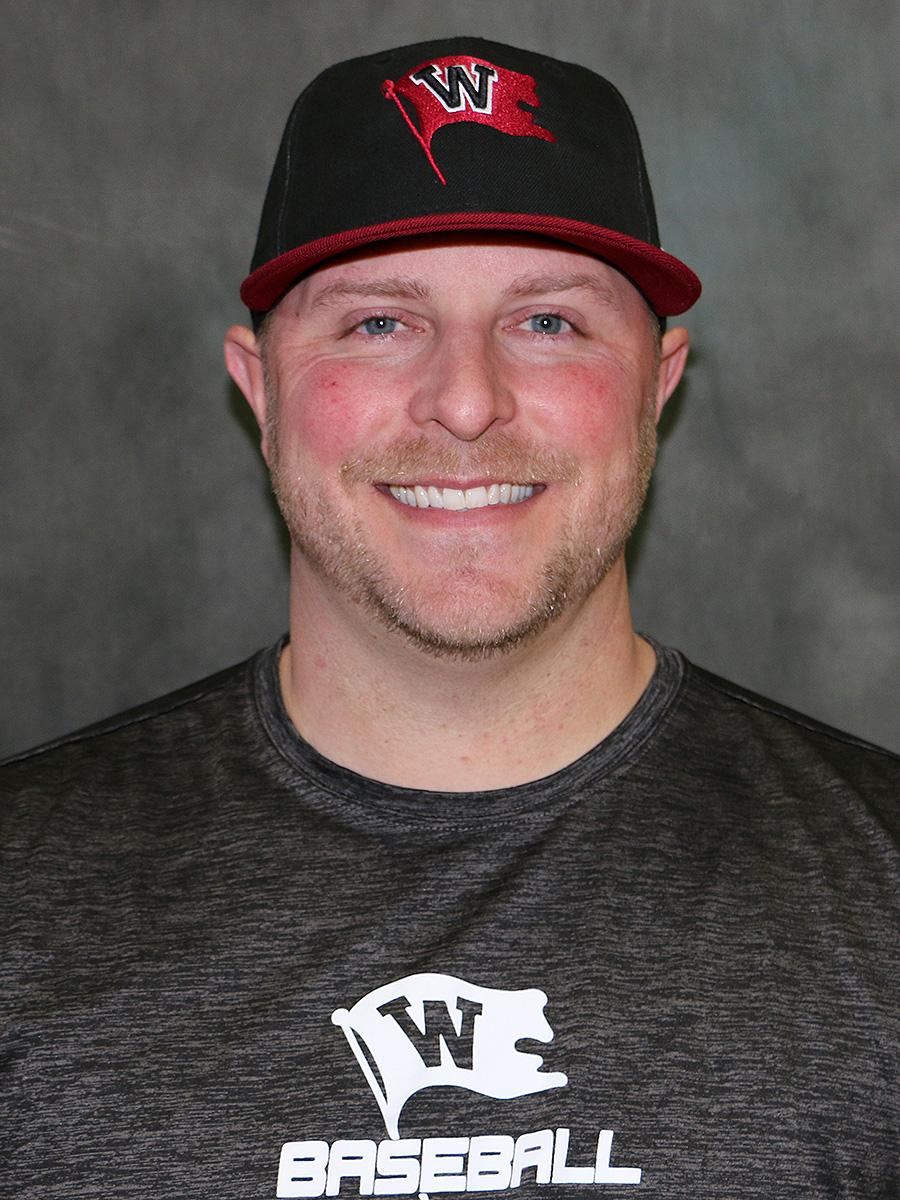
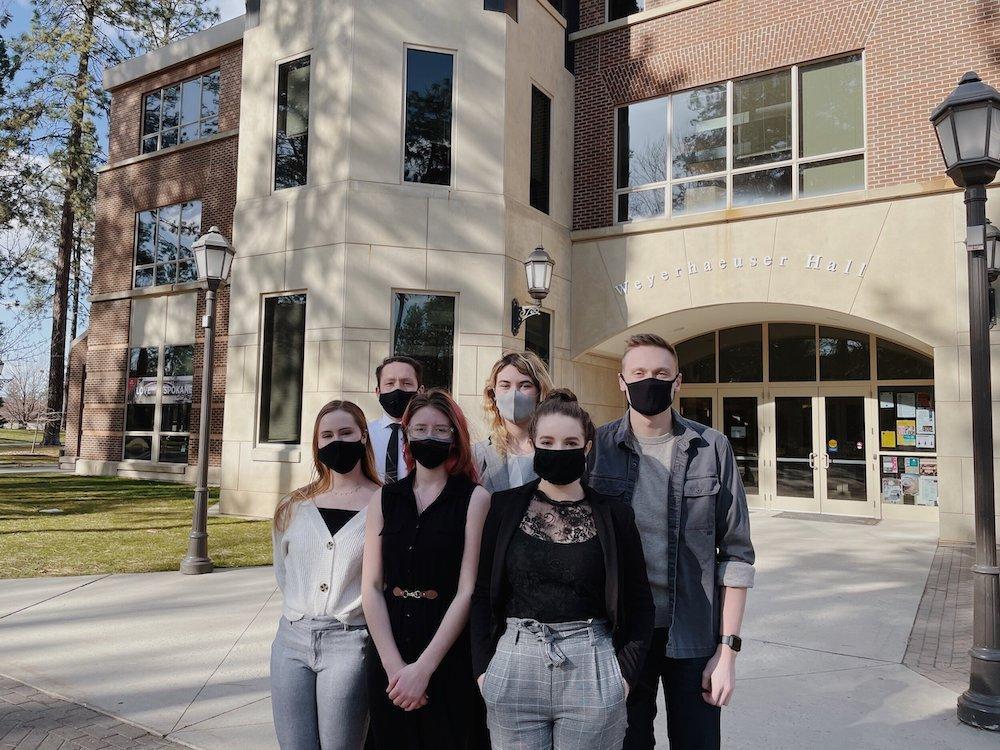










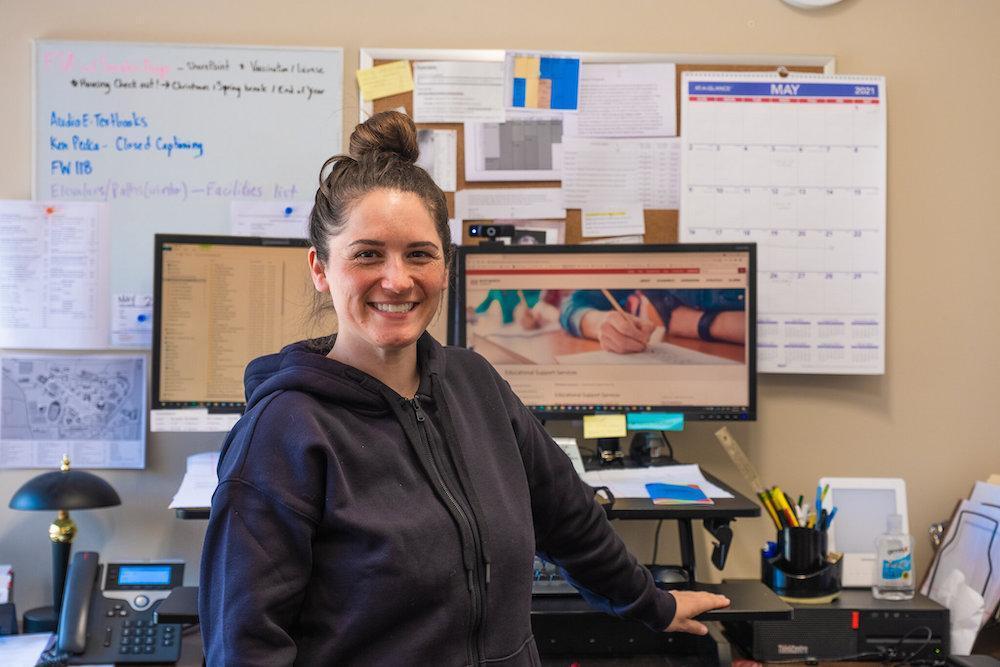
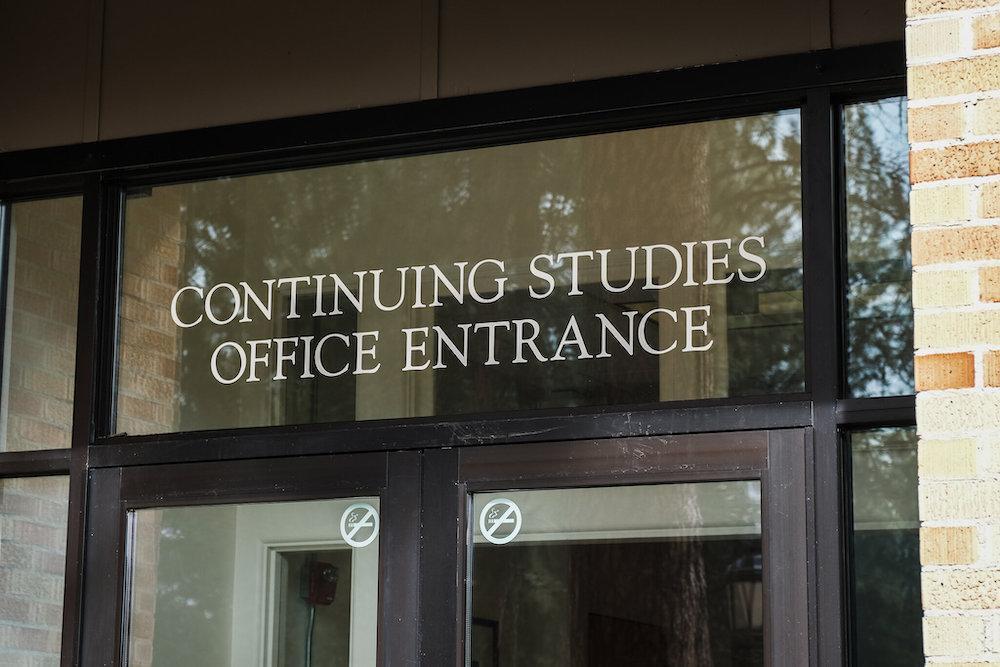
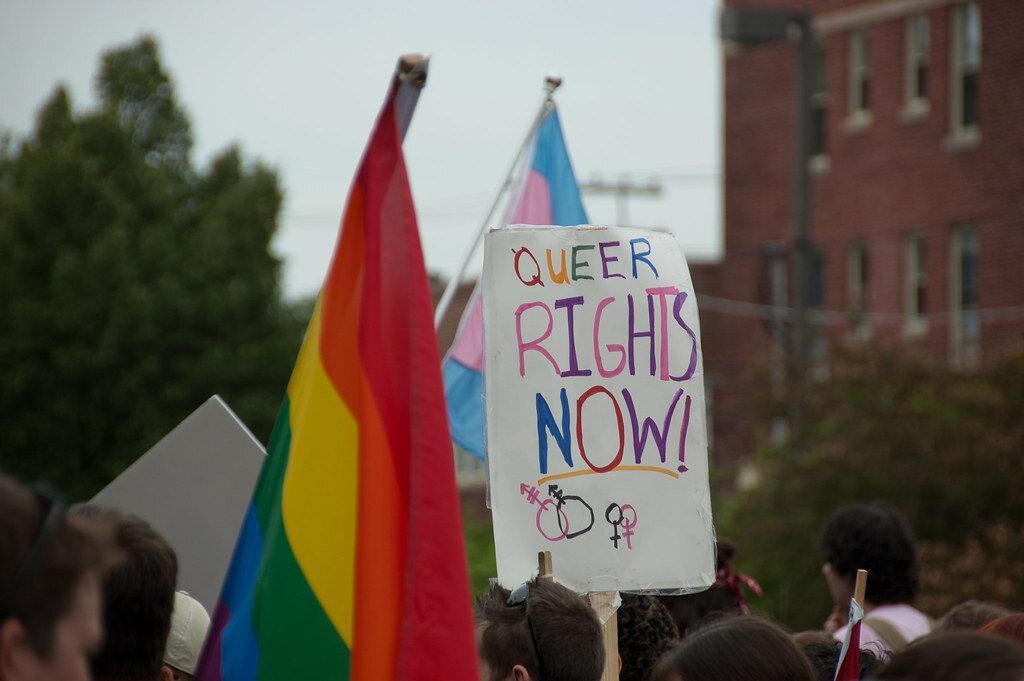
 Spokane?
Spokane?